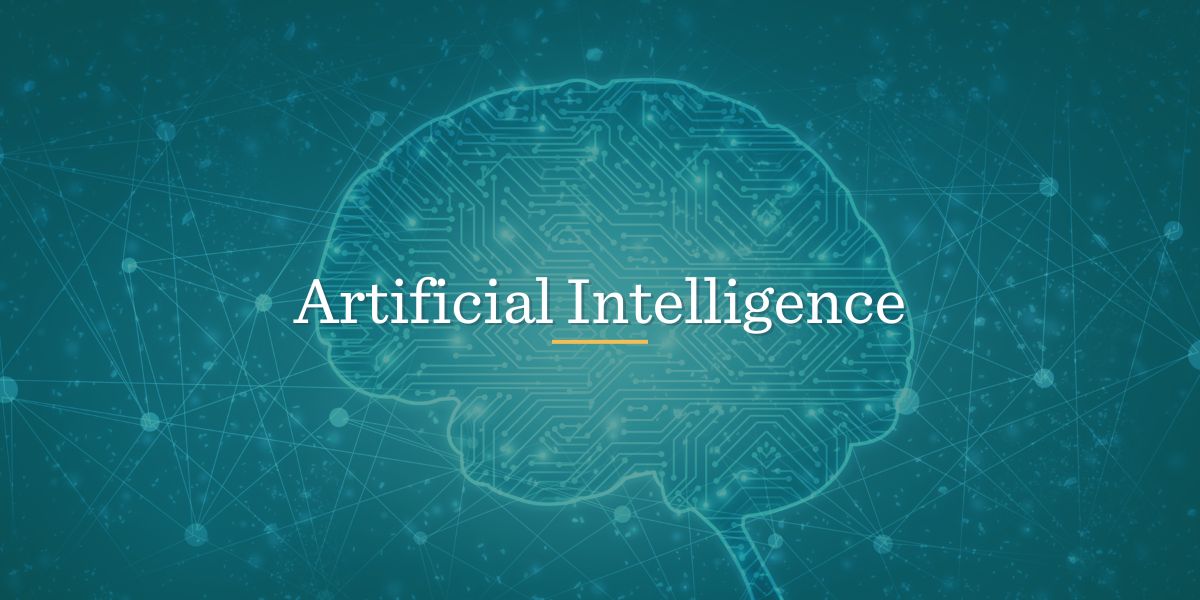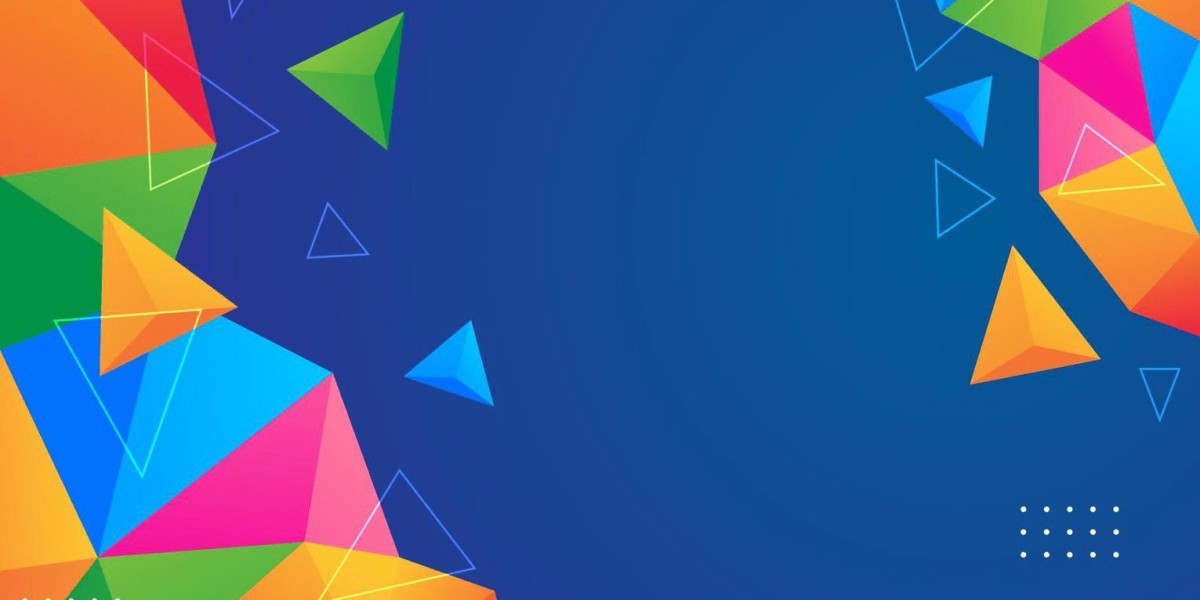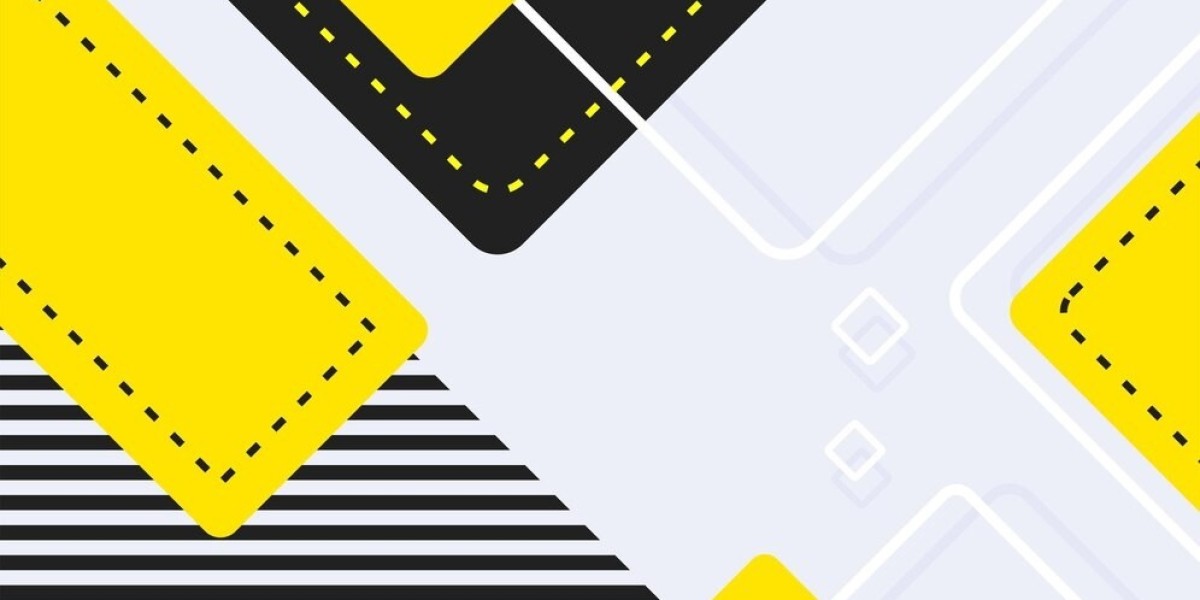Technology is changing our world at an astonishing pace! Its sweeping modifications can be discovered all over and they can be described as both thrilling, and at the exact same time frightening. Although people in many parts of the world are still trying to come to terms with earlier technological revolutions in addition to their sweeping social and educational implications - which are still unfolding, they have been woken up to the reality of yet another digital revolution - the AI transformation.
Artificial Intelligence (AI) technology refers to the capability of a digital computer or computer-controlled robotic to perform tasks that would otherwise have been carried out by human beings. AI systems are designed to have the intellectual procedures that characterize human beings, such as the capability to factor, discover significance, generalize or gain from past experience. With AI technology, large quantities of information and text can be processed far beyond any human capacity. AI can also be used to produce a large variety of brand-new content.
In the field of Education, AI technology comes with the possible to allow brand-new forms of mentor, discovering and academic management. It can also boost learning experiences and assistance teacher jobs. However, despite its favorable potential, AI likewise presents considerable dangers to trainees, the teaching neighborhood, wiki-tb-service.com education systems and society at big.

What are some of these dangers? AI can lower teaching and discovering processes to estimations and automated tasks in manner ins which devalue the role and influence of teachers and weaken their relationships with learners. It can narrow education to only that which AI can process, design and deliver. AI can also aggravate the around the world scarcity of qualified instructors through disproportionate spending on innovation at the expenditure of investment in human capacity advancement.
Making use of AI in education likewise develops some essential concerns about the capacity of instructors to act actively and constructively in identifying how and when to make sensible use of this technology in an effort to direct their professional growth, find options to obstacles they deal with and improve their practice. Such fundamental questions consist of:

· What will be the role of teachers if AI technology end up being extensively implemented in the field of education?

· What will assessments appear like?
· In a world where generative AI systems seem to be developing brand-new capabilities by the month, what abilities, outlooks and competencies should our education system cultivate?

· What modifications will be needed in schools and beyond to assist students plan and direct their future in a world where human intelligence and machine intelligence would seem to have become ever more closely linked - one supporting the other and vice versa?
· What then would be the purpose or function of education in a world dominated by Expert system innovation where humans will not necessarily be the ones opening new frontiers of understanding and understanding?
All these and more are intimidating concerns. They force us to seriously consider the concerns that occur regarding the application of AI technology in the field of education. We can no longer just ask: 'How do we prepare for an AI world?' We must go deeper: 'What should a world with AI look like?' 'What roles should this powerful technology play?' 'On whose terms?' 'Who chooses?'
Teachers are the primary users of AI in education, and they are expected to be the designers and facilitators of students' knowing with AI, the guardians of safe and ethical practice across AI-rich instructional environments, and raovatonline.org to act as function designs for lifelong discovering AI. To presume these duties, teachers require to be supported to establish their capabilities to utilize the potential advantages of AI while mitigating its dangers in education settings and wider society.
AI tools need to never ever be developed to change the genuine responsibility of instructors in education. Teachers need to stay responsible for pedagogical choices in the use of AI in mentor and in facilitating its uses by students. For instructors to be liable at the useful level, a pre-condition is that policymakers, teacher education organizations and schools assume responsibility for preparing and supporting teachers in the proper usage of AI. When presenting AI in education, legal defenses must also be established to safeguard teachers' rights, and long-term monetary commitments require to be made to make sure inclusive gain access to by teachers to technological environments and basic AI tools as essential resources for adapting to the AI era.
A human-centered method to AI in education is vital - an approach that promotes essential ethical and
practical concepts to assist regulate and direct practices of all stakeholders throughout the whole life process of AI systems. Education, given its function to protect as well as facilitate advancement and learning, has a special responsibility to be fully conscious of and responsive to the threats of AI - both the recognized threats and those only simply appearing. But frequently the dangers are disregarded. The use of AI in education therefore needs cautious consideration, consisting of an assessment of the evolving roles instructors need to play and the competencies required of instructors to make ethical and efficient use of Expert system (AI) Technology.
While AI offers opportunities to support instructors in both mentor historydb.date along with in the management of finding out processes, valetinowiki.racing significant interactions in between teachers and trainees and human flourishing need to remain at the center of the academic experience. Teachers must not and can not be changed by innovation - it is vital to safeguard instructors' rights and ensure appropriate working conditions for akropolistravel.com them in the context of the growing use of AI in the education system, in the workplace and in society at large.







